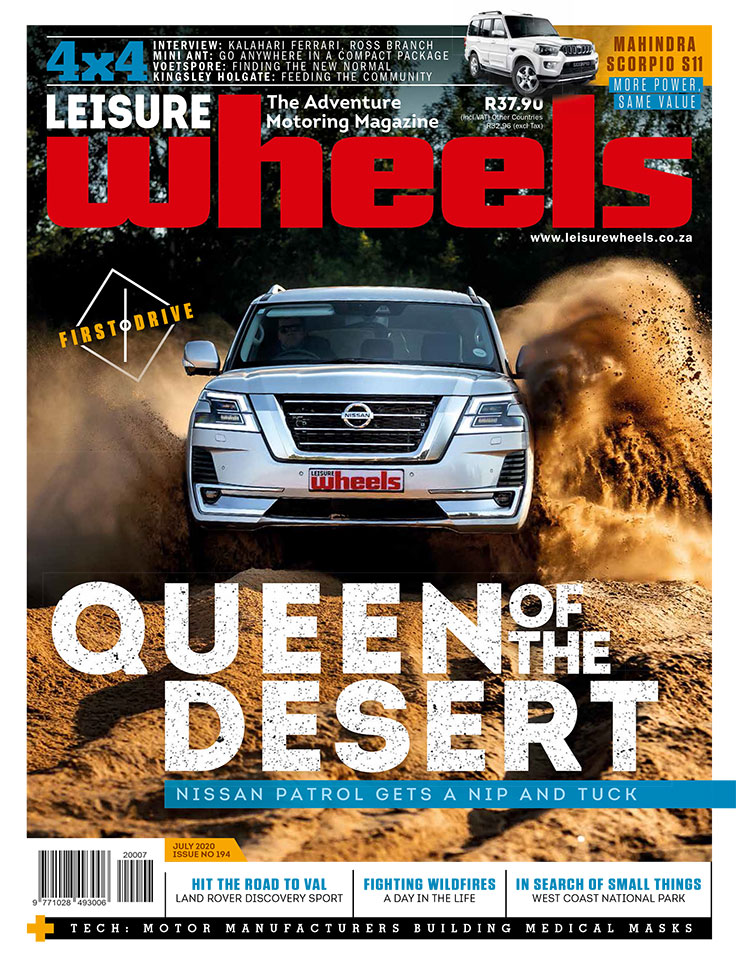Poachers decimate rhinos while government dithers
The Department of Environmental Affairs said in a press release on October 23 that 467 rhino had been killed by poachers this year – 281 of them in the Kruger National Park. The statement also revealed that the government had signed a memorandum of understanding (MoU) with the Vietnamese government. Apparently the objective is to “promote co-operation between the two countries in the field of biodiversity, conservation and protection, law enforcement and compliance with CITES on the basis of equity and mutual benefit.” Wow! Just how many rhinos that little piece of verbosity is going to save is a matter for conjecture. And for those of you as ignorant as we were, CITES stands for Convention on International Trade in Endangered Species. It is an international treaty between governments drawn up in 1937 “to protect wildlife from over exploitation” and is responsible for the current ban on international trade in rhino horn. It is this ban that is responsible, in the minds of many conservationists, for the huge problem South Africa faces in terms of rhino poaching. At the time of writing, crushed rhino horn was worth around US$65.000 a kilogram on the black market, and is much sought after in Vietnam as an aphrodisiac or cure for anything from a hangover to cancer.
There is a growing lobby for the ban to be lifted and Johan Kruger, a farmer from Limpopo, is taking the state and various other organisations to court in a matter set to be heard in November in the high court in Pretoria. In papers before the court, Kruger argues that controlled commercial trade in rhino horn would be a more effective way of combating poaching and would allow rhino farmers to make a profit. There is a growing lobby that supports Kruger’s view, including Ezemelo KZN Wildlife, which is understood to be lobbying government to legalise trade of stockpiled horns from animals that have died of natural causes. Opponents of lifting the ban are concerned there will be no way to distinguish between “farmed” and wild rhino horn. While that ball is being batted back and forth, we believe a situation akin to Nero fiddling while Rome burned has arisen. Our view is that the authorities and law enforcement agencies have been pussyfooting around the issue of rhino poaching. The figures released by Environmental Affairs showed that 208 people had been arrested for rhino poaching. It did not, however, detail the number of convictions. As is usually the case, the authorities and law enforcement agencies argue that lack of personnel and funding is the major problem they face in combating rhino poaching. It is apparent that a large proportion of funds to fight poaching comes from the private sector – and therein lies another factor in our country of contrasts and paradoxes. We can spend more than R200 million on developing the Nkandla nookie nest for our dysfunctional president; government ministers and departments squander taxpayers’ money as quickly as it can be printed and a youth organisation blows R1 million on berets. The mind boggles! The youngsters can spend R1 million of our money on berets but the government cannot supply funding and manpower to combat a scourge that is robbing the country of its wildlife heritage. It is scandalous. A recent story in the media about two lions that were slaughtered at the request of the Zulu king and a couple of chiefs makes one wonder just how much the authorities care about preserving our wildlife. Apparently the lions were killed to provide claw necklaces for the king and some chiefs at the annual Zulu reed dance, while meat from elephants and hippos ended up in the royal pot. The crass response from Ezemvelo CEO Bandile Mkhize when newspapers asked for comment mirrors the arrogance of many government and quasi government officials. He could do no better than suggest that critics were being “nostalgic for the days of apartheid”. We were also distressed to come across media reports that there were rifts between South African National Parks (SANParks) rangers, the South African Police Services and South African National Defence Force units tasked with combating rhino poaching in the Kruger Park. That sort of situation is the last thing we need. What we do need from government is a single, well-funded and well trained task force to stamp out rhino poaching, backed up by the courts in dealing harshly with offenders. Given government performance in too many other areas, we are not going to hold our breath!








